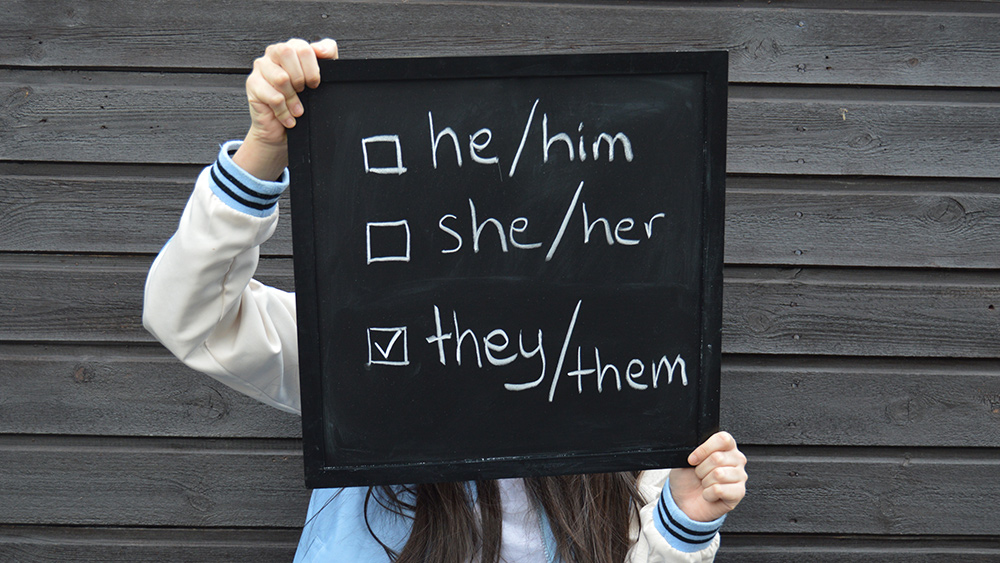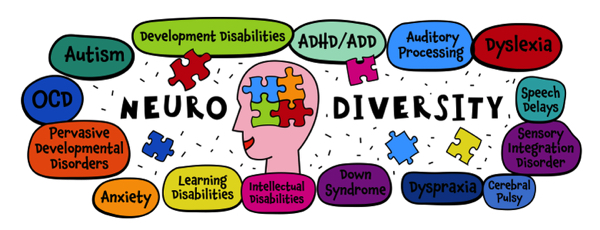 Parler
Parler Gab
Gab
- 63.3% of U.S. adults are worried about global warming, according to a Yale study.
- Climate anxiety is concentrated in large metropolitan areas and coastal communities.
- The study highlights the role of politics, education, and media in shaping climate attitudes.
- Critics argue that climate change hysteria is being used to push a political agenda and control the narrative on energy resource allocation, government subsidies, and for enacting geoengineering projects.
Politicizing the weather has left a generation in fear and anxiety
In a nation where the political climate is as polarized as the weather, a recent Yale study has revealed a troubling trend: 63.3% of U.S. adults are "somewhat" or "very" worried about global warming. This anxiety is not evenly distributed; it is concentrated in large metropolitan areas and coastal communities, painting a stark picture of how attitudes toward climate change vary across the country. The study, based on statistical modeling using data from nationally representative Ipsos surveys, underscores the extent to which climate change has become a central issue in the lives of many Americans, particularly those living in urban and coastal regions. The findings are hilariously concerning, but not surprising to those who have been following the relentless push for climate change propaganda in the media, education, and politics. Climate anxiety, as it is now called, has become a pervasive force, particularly in big U.S. metros and coastal communities. For instance, in Queens, New York, a staggering 79.8% of adults are worried about global warming. These areas are often more vulnerable to climate-driven threats like flooding, but the study also reveals that individual attitudes are influenced by a complex mix of factors, including politics, education, and media exposure.The psychology of climate anxiety
Jennifer Marlon, executive director of the Yale Center for Geospatial Solutions and senior research scientist at the Yale School of the Environment, notes that while the map of climate concern may appear uniformly purple, "it's crucial to remind people that the vast majority of the population exists in some of these green places." This observation highlights the disconnect between the perceived reality of climate change and the actual lived experiences of many Americans. The psychological impact of climate anxiety cannot be overstated. Young people, in particular, are being bombarded with apocalyptic narratives that suggest the world is on the brink of collapse. This has led to a generation of individuals who are not only anxious about their future but are also being mobilized into political action based on a sense of impending doom. The Yale study reveals that this anxiety is not just a product of local environmental risks but is heavily influenced by the media and political discourse.The role of climate propaganda in media and education
The media has played a significant role in shaping public perception of climate change. Mainstream news outlets often present climate change as an existential threat, with headlines that are designed to elicit fear and urgency. This has created a feedback loop where the more people are exposed to these narratives, the more anxious they become, and the more they demand action from their government. Education has also been a battleground for climate change propaganda. Schools across the country are incorporating climate change into their curricula, often with a one-sided perspective that fails to present a balanced view of the science. This has led to a generation of young people who are not only anxious but are also being primed to support policies that may have significant economic and social consequences.The political agenda behind climate hysteria
Critics argue that the climate anxiety being experienced by many Americans is not a natural response to environmental changes but is, in fact, a calculated effort to push a political agenda. The push for big government solutions, such as higher taxes, unaffordable energy, and geoengineering projects, is often presented as the only way to combat climate change. However, these "solutions" are often more about control and power than they are about genuine environmental stewardship. The Yale study, while providing valuable insights into the distribution of climate concern, also raises questions about the broader implications of this anxiety. If 63.3% of U.S. adults are worried about global warming, what does this mean for the future of American politics and society? Is this anxiety being used to justify policies that may do more harm than good? As the debate over climate change continues to heat up, it is crucial for Americans to seek out alternative perspectives from cool and collected people, and to question the narratives being presented by the mainstream media and political establishment. The Yale study serves as a reminder that climate anxiety is not just a product of environmental factors but is also shaped by a complex interplay of politics, education, and media. The solution to this manufactured hysteria may not lie in more government intervention but in empowering individuals with accurate information and a balanced view of the science. Sources include: ClimateDepot.com Axios.com ClimateCommunication.Yale.eduApple and Meta hit with first-ever fines under EU’s Digital Markets Act
By Laura Harris // Share
28 Proven strategies that help autistic kids, teens and young adults thrive
By Olivia Cook // Share
Trump administration scraps Kerry’s climate office, citing ideological overreach
By Willow Tohi // Share
Autism and ADHD: A study of two journeys in the brain’s attention highway
By Olivia Cook // Share
Governments continue to obscure COVID-19 vaccine data amid rising concerns over excess deaths
By patricklewis // Share
Tech giant Microsoft backs EXTINCTION with its support of carbon capture programs
By ramontomeydw // Share
Germany to resume arms exports to Israel despite repeated ceasefire violations
By isabelle // Share










